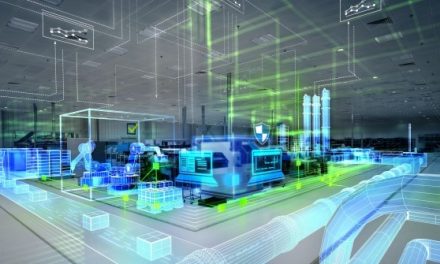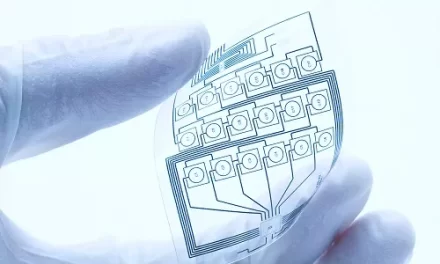Case Study: Stencil Manufacturer Increases Speed and Accuracy with Laser System
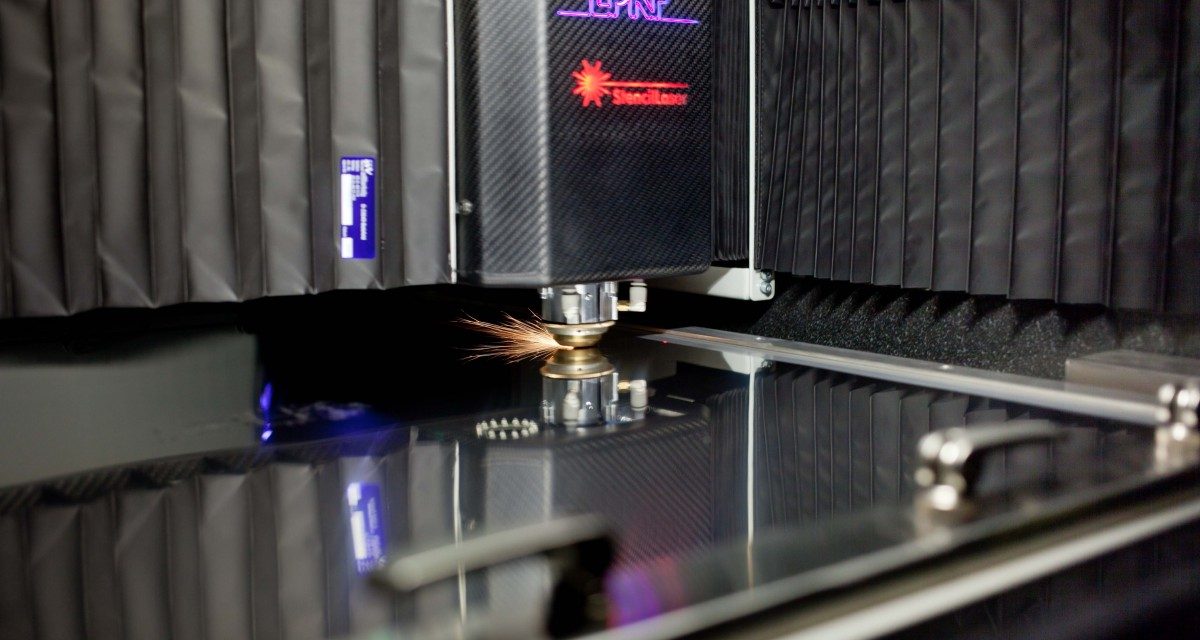
The more precise the SMD stencil, the higher the quality of the assembly: to keep satisfying the high expectations it has of its own products while increasing productivity to meet growing demand, it was necessary for Photocad GmbH & Co. KG to optimize its production process. The stencil manufacturer faced the problem of speeding up processes without compromising the quality of the end product. For this reason, since 2017 it has been using customized laser systems by LPKF. These allow maximally burr-free cutting results while maintaining the best possible precision in positioning the openings. In addition, the immediate in-line checking of the cutting process by camera systems enable Photocad to get a quicker response to errors and, where needed, correcting them by repeating the relevant step in the manufacturing process instantly. Thus, it was possible to increase the firm’s annual output by 50 per cent, allowing it to maintain short delivery times without delays, despite increased demand.
“When we reached our capacity limit of 20,000 SMD stencils per year in 2016, it was clear that we had to find a way to optimize our productivity,” Ulf Jepsen, CEO of Photocad GmbH & Co. KG, recalls. “Of course, in doing so we didn’t want to compromise the quality of our results in any way. So we decided to find a solution that met our requirements together with LPKF, the market leader in laser systems.” The chosen model was LPKF G 6080, with which Photocad had already done well. In cooperation with the manufacturer, the system was parameterized to the required specifications in a comprehensive series of tests. The measures required for this, such as optimizing the pulse frequency, output and rate of feed of the laser, far exceeded the ordinary approval process; the entire operation took several weeks.
Faster error correction by means of online checking
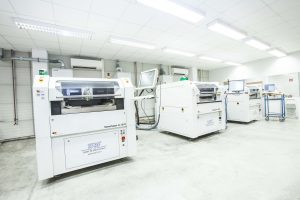 Photocad attached particular importance to maximally burr-free cutting results while maintaining precision in the positioning of the openings. “As far as burr-free cutting and precision positioning are concerned, we’ve thus reached the limit of what is technically possible at present,” Jepsen explains. This process is now implemented for all types of materials of all alloys and of any thickness, thus strictly standardizing the machinery pool.
Photocad attached particular importance to maximally burr-free cutting results while maintaining precision in the positioning of the openings. “As far as burr-free cutting and precision positioning are concerned, we’ve thus reached the limit of what is technically possible at present,” Jepsen explains. This process is now implemented for all types of materials of all alloys and of any thickness, thus strictly standardizing the machinery pool.
In addition, a special camera system was integrated into the plant: in this way, the cutting process can be checked in real time. The cameras already register during cutting whether the contours have been cut out completely. If this is not the case, the relevant step in the process is repeated immediately, avoiding all discard. “Previously, such errors were only registered after the cutting process, for instance in subsequent checking by the AOI system. To satisfy our company’s strict precision requirements, the stencils then had to be completely cut afresh,” the CEO observes. This is now no longer required, significantly reducing the processing time per unit.
Meeting the highest quality requirements while increasing productivity
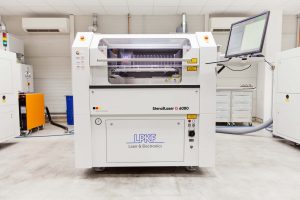
The new system has been in use since summer 2017. One of a total of three plants is used for cutting large-size stencils, two – including the new acquisition – are used for producing step stencils.
The new system has been in use since summer 2017. Production was increased according to plan, with all facilities and infrastructure having been installed. Thus, Photocad now exclusively uses state-of-the-art G6080 systems for cutting highly precise SMD stencils: one of a total of three plants is used for cutting large-size stencils, two – including the new acquisition – are used for producing step stencils. “Step-up stencils play a more and more crucial role in the production of electronic assemblies. Therefore, acquiring an additional system capable of producing step stencils was an important step towards future-proofing our business,” Jepsen remarks.
With the new system, Photocad is now perfectly equipped for the future: capacity was increased by about 50 per cent – instead of the previous 20,000 stencils a year, up to 30,000 can now be produced. Jepsen is pleased: “Consequently, thanks to our increased productivity, we’re able to maintain our customary short delivery times.”
Further investment planned
The laser system was not the only new acquisition in 2017: the stencil manufacturer spent a total of EUR 750,000 on modernizing the existing systems. This trend is set to continue in 2018. “In the first quarter, we’ll introduce a new production planning and control system (PPS). Beyond that, we’re planning to optimize our logistics areas, so as to accommodate the growing online trade in cleaners, archiving systems, and high-speed clamping frames,” Jepsen concludes.
Photocad produces laser-cut SMD stencils for solder paste printing for insertion into circuit boards. photocad GmbH & Co. KG was founded in 1969 as a manufacturer of parts for chemical milling and of circuit boards. Since 1995, the plant has specialized in laser-cut SMD stencils, which are manufactured in the BASIC PLUS, ADVANCED und PERFORMANCE product lines. The company supplies nearly 600 customers in the electronics and mechanical engineering sectors. Producing up to 30,000 pieces per year, the company, based in Berlin, is among the leading manufacturers of SMD stencils in Germany.
PHOTOCAD GmbH & Co. KG
Landsberger Straße 225, 12623 Berlin
Tel.: 030-56 59 69 8-0, Fax: 030-56 59 69 8-19
E-mail: mail@photocad.de
Internet: www.photocad.de




